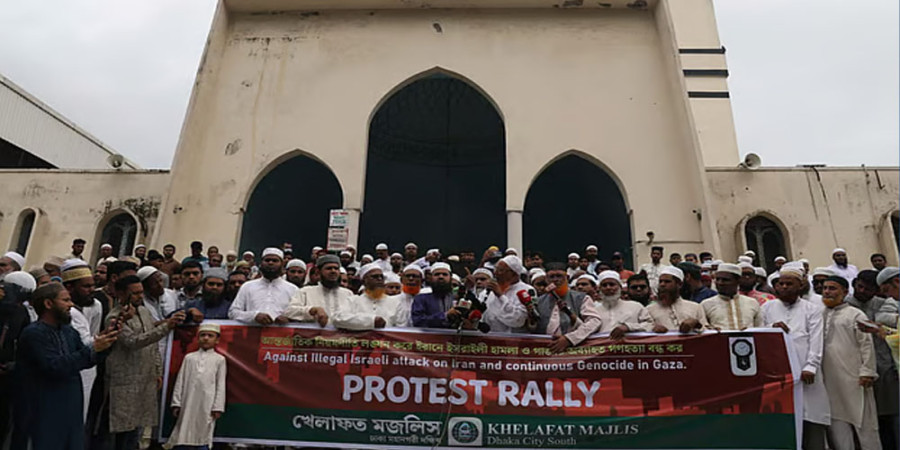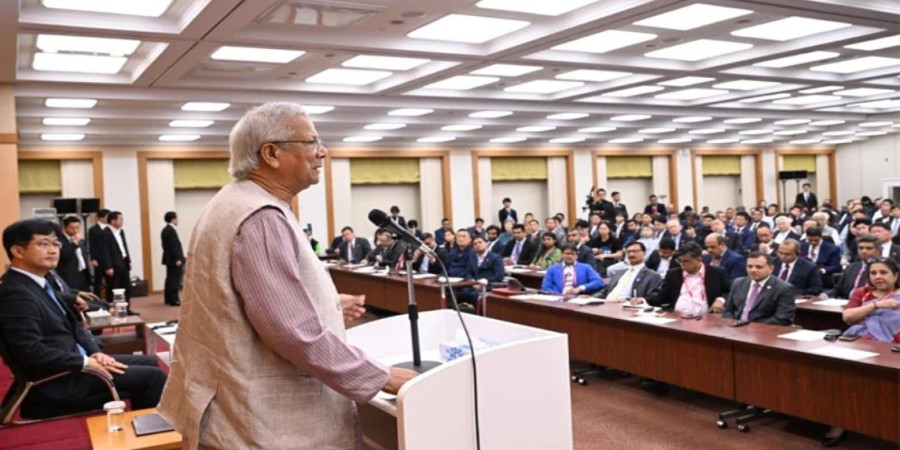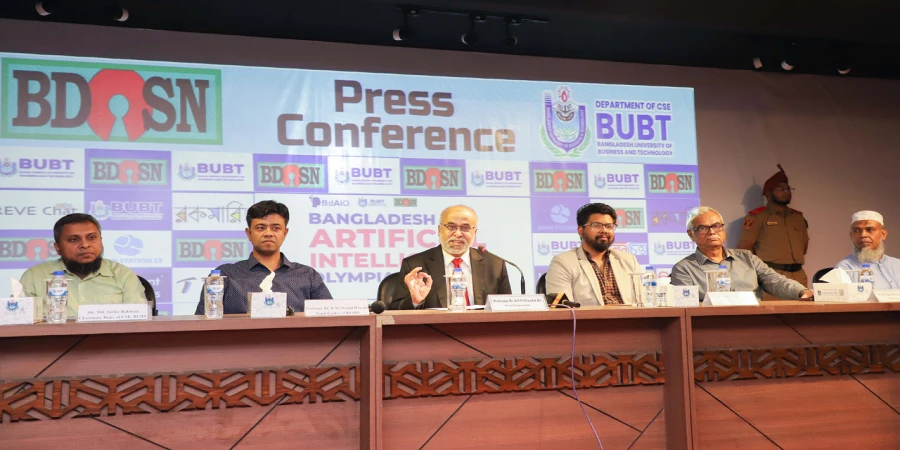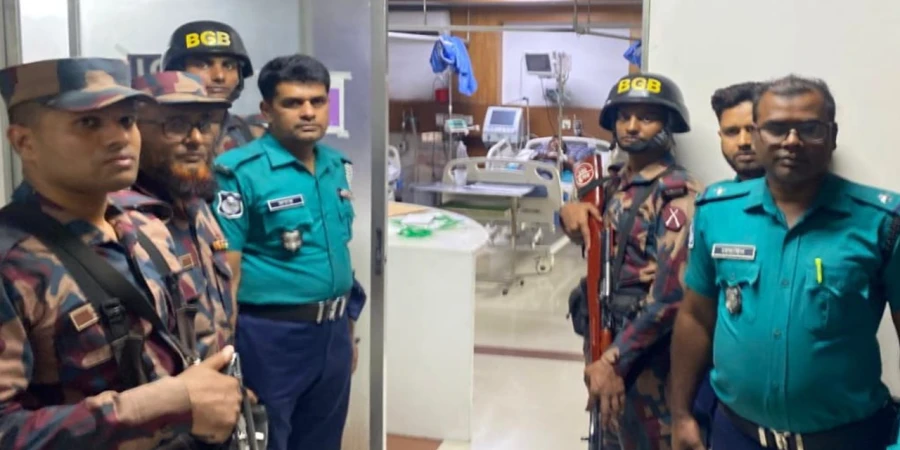
ছবি: Photo: Collected
Following Friday prayers, protesters gather outside Baitul Mukarram Mosque to denounce Israeli aggression, branding it a threat to peace and humanity.
Dhaka erupted with impassioned protests on Friday as hundreds of demonstrators gathered outside the north gate of the city’s central Baitul Mukarram National Mosque to condemn the recent Israeli airstrikes on Iran. Organized by the Khilafat Majlis (Dhaka Metropolitan South), the protest followed the sacred Jumu’ah prayers and was marked by fiery speeches, emotional chants, and calls for immediate international action.
The protest was sparked by Israel’s week-long military assault on Iranian infrastructure, which reportedly resulted in the deaths of over 500 people. The attack has drawn outrage across the Muslim world, and Dhaka became one of the latest epicenters of public dissent.
Addressing the crowd as the chief guest, Khilafat Majlis Secretary General Ahmad Abdul Qadir delivered a blistering critique of Israel’s actions. “For generations, Israel has continuously perpetrated genocide in Palestine, crossing every boundary of civilization and human rights,” he said. “Now, with its brutal attack on Iran, it has proven once again that it is a rogue and illegitimate state, and a direct threat to the peace-loving people of the world.”
Qadir did not limit his criticism to Israel alone. He accused the United States, particularly former President Donald Trump, of turning a blind eye to Israeli aggression. “While Israel massacres innocents, Trump repeatedly threatens Iran instead of holding Tel Aviv accountable. Such hypocrisy cannot go unchallenged,” he said. “Those who support Israel's crimes will be known as enemies of peace, no matter where they stand.”
The Khilafat Majlis leader called on the Organization of Islamic Cooperation (OIC) to immediately convene an emergency session to address the crisis. “We must rise as one Ummah,” he declared, “and stand shoulder to shoulder with Iran against this tyranny.”
The protest, which attracted a significant number of participants from various Islamic and civil society groups, was not just a show of solidarity but also a cry of frustration at what many see as international inaction. Demonstrators held placards and banners with slogans such as “Why Did My Brother Die? UN Must Answer,” and “Muslims of the World, Unite and Resist!”
Maulana Azizul Haque, President of Khilafat Majlis Dhaka Metropolitan South, presided over the gathering. He emphasized that silence in the face of injustice is complicity and encouraged Muslims globally to raise their voices. “Our brothers are being slaughtered, and yet the world remains silent. This silence is betrayal,” he thundered from the podium.
Other key figures also took the stage to voice their outrage. Central Nayeb-e-Ameer Maulana Ahmad Ali Qasemi, Joint Secretary General Mostafizur Rahman Faisal, Abdul Jalil, and Dhaka North Metropolitan President Maulana Saifuddin Ahmad Khandakar were among those who addressed the crowd. They echoed the central message: that Israel’s continued aggression is unacceptable and that it must be confronted by united global opposition.
The protest concluded with a massive march through key streets near the mosque, with participants chanting slogans that demanded justice and condemned not just Israel, but also its international backers. The atmosphere was intense yet controlled, with heavy police presence ensuring that the demonstration remained peaceful.
The resurgence of public protest in Dhaka over the Israeli-Iranian conflict reflects a larger pattern of rising anger across the Muslim world. While the streets of Tehran burn and Gaza mourns, the sentiments reverberate all the way to South Asia, where people see themselves as part of a larger narrative of resistance against oppression.
Analysts believe that this protest, while local in execution, carries global significance. It adds to the mounting pressure on international institutions like the United Nations and the OIC, which many feel have failed to take decisive action to curb Israeli militarism and protect the rights of Muslim populations.
In the wake of the protest, organizers have promised to hold further demonstrations if the violence continues. “This is just the beginning,” said one Khilafat Majlis member. “As long as innocent blood is spilled in the name of power, we will not remain silent.”
Friday’s march was not just about Iran—it was a broader outcry against decades of occupation, airstrikes, and double standards. The demonstrators may have gathered in Dhaka, but their message was meant for the entire world: Enough is enough. Peace cannot be achieved through bombs and blockades. Justice must prevail, and the time for action is now.
repoter





